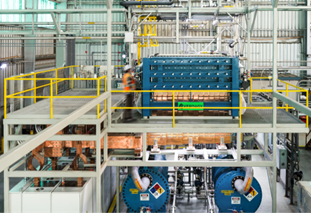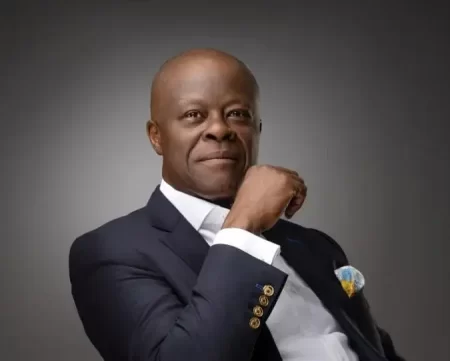
Mkpoikana Udoma
Port Harcourt — Nigeria has secured a $1.1 billion investment from the African Development Bank, AfDB, to provide electricity for five million Nigerians by the end of 2026, President Bola Tinubu announced at the Mission 300 Africa Energy Summit in Tanzania.
Speaking through the Minister of Power, Adebayo Adelabu, President Tinubu reaffirmed Nigeria’s commitment to providing reliable, affordable, and sustainable electricity to its unelectrified population by 2030.
“This is an ambitious goal, but we can achieve it together. As Nigeria’s President, I am committed to making energy access a top priority,” Tinubu said.
The President also highlighted additional AfDB investments, stating: “We also look forward to the AfDB’s planned $700 million investment in the Nigeria Desert to Power programme and its planned $500 million facility for the Nigeria-Grid Battery Energy Storage System, which will provide electricity for an additional two million people.”
Tinubu further noted the World Bank’s $750 million support for expanding Nigeria’s distributed energy access via mini-grids and standalone solar systems, which will provide power to 16.2 million Nigerians.
At the summit, the International Finance Corporation, IFC, announced a commitment of $70 million in private sector funding to five Nigerian Renewable Electricity Service Companies, RESCOs, under the Nigeria Distributed Access Through Renewable Energy Scale-Up, DARES, programme.
Expressing appreciation for the AfDB, the World Bank, and other development partners, President Tinubu stated, “I thank Ajay Banga, President of the World Bank Group, and Dr. Akinwunmi Adesina of AfDB for their transformative vision, which will light up and power Africa.”
The President also emphasized the need for collective action, declaring, “As we all know, Africa is rich in energy resources, yet millions of our citizens still lack access to reliable and affordable energy. This situation is unacceptable. It is our responsibility to take collective action to change this narrative.”
The commitments were part of the Dar es Salaam Declaration, endorsed by 12 African nations, aimed at providing electricity to 300 million Africans by 2030 through National Energy Compacts.
Nigeria’s National Energy Compact, presented at the Summit, sets specific targets, including expanding power generation, investing in transmission and distribution infrastructure, and incentivizing private sector participation. The document estimates that $23.2 billion will be required for last-mile electrification, with funding expected from both public and private sectors.
Highlighting ongoing efforts, Tinubu stated, “Nigeria’s energy sector is growing as a direct result of our reforms. The Nigerian government continues incentivising those interested in investing in renewable energy, oil and gas energy efficiency.”
He also revealed that Nigeria had attracted over $6 billion in new energy sector investments in 2024 alone and emphasized plans to sustain this momentum in 2025 and beyond.



